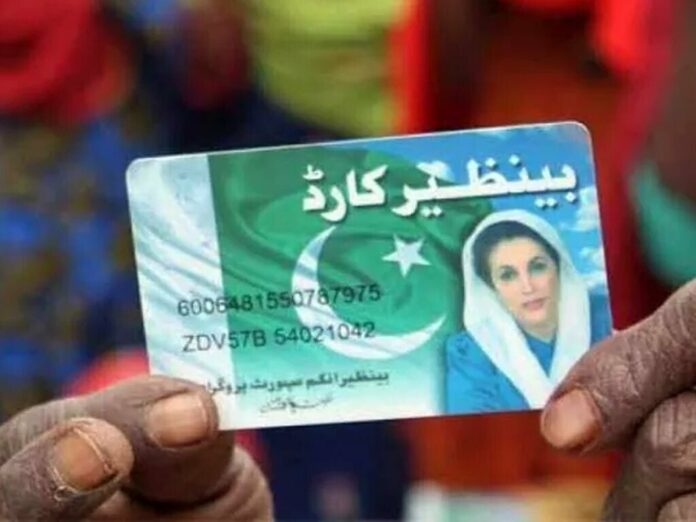The Ministry of Finance has proposed allocating Rs716 billion for the Benazir Income Support Programme (BISP) in the fiscal year 2025-26, marking a 20 percent increase from the Rs592.48 billion budgeted for the current year.
The News reported, citing officials from the Finance Division, the quarterly payment under BISP is expected to increase from Rs13,500 to Rs14,500 starting January 2026. This funding will also allow BISP to sustain the enrollment of 10 million households. The increased allocation will also enable an uplift in the Unconditional Cash Transfer (UCT) Kafaalat benefits to adjust for anticipated inflation in 2025.
The Finance Ministry has committed to the IMF to maintain annual inflation adjustments for UCT benefits, ensuring that the purchasing power of vulnerable families remains stable in real terms. Moreover, benefit levels will be adjusted based on new household survey data to ensure transfers continue to cover approximately 15 percent of consumption for the lowest income quintile.
BISP is collaborating with the World Bank to enhance conditional cash transfer (CCT) programmes in education, health, and nutrition. It is also coordinating with provincial authorities to prevent overlaps between federal and provincial social safety nets. Spending on these programmes is planned to remain stable as a share of GDP in FY26.
From July 2024 to February 2025, BISP disbursed Rs347 billion, an 82.6 percent increase compared to the previous year, against the full-year allocation of Rs592.5 billion.
Meanwhile, energy subsidies are being restructured to focus on the bottom 40 percent of the population, aiming to reduce fiscal pressure without affecting social equity. Public administration reforms are also underway, streamlining more than 43 ministries and 400 departments.
The World Bank is working with the Power Ministry and BISP to develop methods for identifying electricity consumers by income rather than consumption levels, aiming to replace current subsidy frameworks with more targeted transfer mechanisms.
Plans are also advancing to expand BISP’s electronic payment system, which will provide beneficiaries with bank accounts to facilitate savings. Pilot projects for this system are expected to be operational in select districts by the first quarter of FY26.
Additionally, BISP has surpassed its education CCT enrollment target of 10.4 million families by 400,000 and is on track to meet its nutrition CCT enrollment goal of 2.1 million in FY25. Efforts continue to enroll eligible UCT families into these conditional programmes, integrating social protection efforts across sectors.




